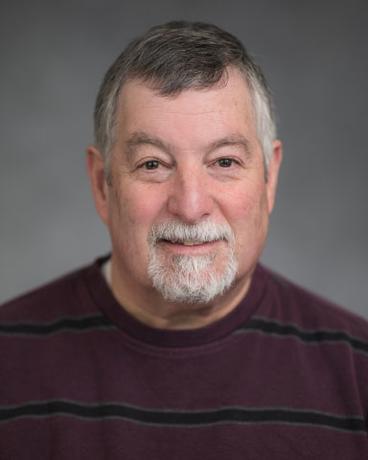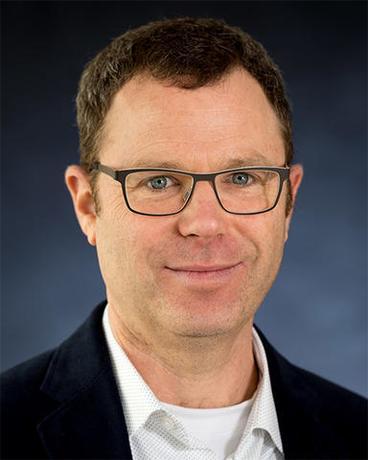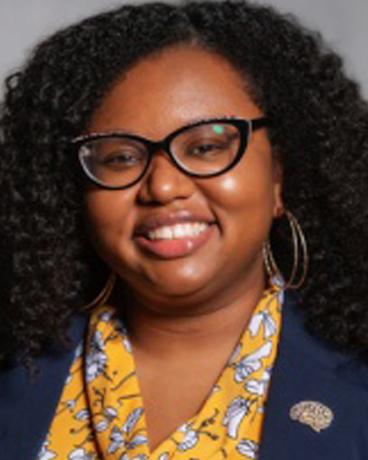 | Robert Meisel, PhDProfessor, Department of Neuroscience Dr. Meisel has a research program that has been federally-funded for over three decades. In that capacity he has trained high school students, undergraduates, graduate students and postdoctoral fellows. He is also a mentor for junior faculty at the University of Minnesota. In addition to Diversifying CNS, Dr. Meisel is a Program Director for an NINDS-funded summer undergraduate R25 research initiative that is in its 10th year. | ||||||
 | Paul Mermelstein, PhDProfessor and Associate Head, Department of Neuroscience Dr. Mermelstein has an active research program that has been federally funded for over 20 years. He too has experience training undergraduates, graduate students, post docs and is a mentor to junior faculty. He is the PI of a NIDA-funded R25 grant that provides undergraduate summer research opportunities as well as a T32 training grant that supports training for graduate students and postdocs. He was the Chairperson for the NIH NMB study section. With this experience and his position as Associate Head he leads mock R01, K99/R00, K23 and F30/31/32 grant proposal sessions for the Medical School. | ||||||
 | Angeline Dukes, PhDAssistant Professor, Department of Neuroscience Dr. Dukes is a first-generation college graduate who earned her bachelors degree from the Historically Black College/University, Fisk University. She then earned her masters and doctoral degrees from the University of California, Irvine. She is also the Founder and current President of Black In Neuro, an international organization dedicated to supporting Black scholars in neuroscience-related fields worldwide. As an assistant professor in the Department of Neuroscience, Dr. Dukes splits her time between teaching undergraduate neuroscience courses and leading diversity, equity and inclusion initiatives. She aims to foster a community at UMN that welcomes, supports, and empowers all students, but especially those with historically marginalized identities, both in and out of the classroom. | ||||||